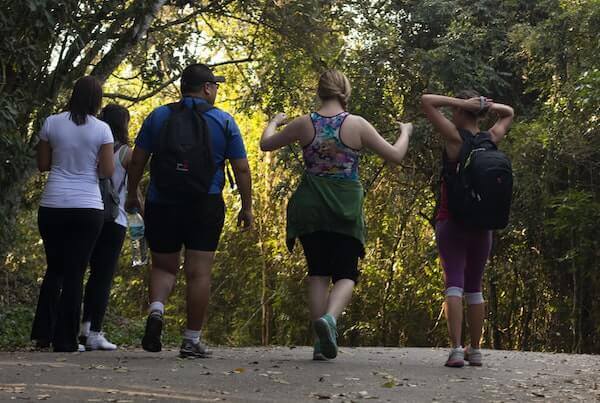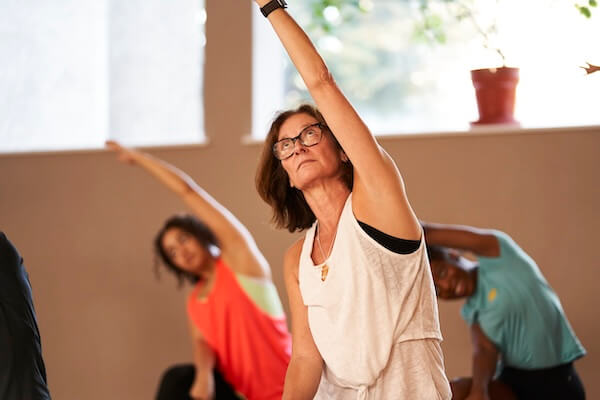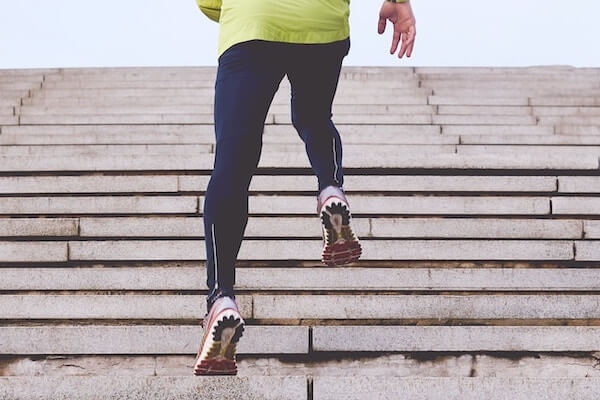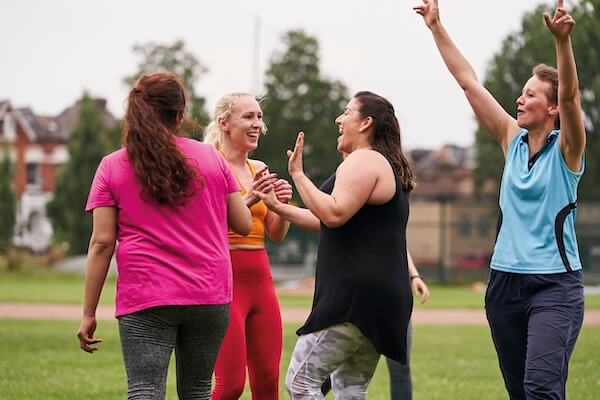
Have you ever considered the impact of physical activity on your risk of cancer? A recent Australian study published in the Journal of Science and Medicine in Sport sheds light on this crucial connection, revealing startling findings that challenge conventional wisdom.
The Study
Researchers set out to estimate the burden of cancer attributable to physical inactivity in Australia. Previous estimates had only focused on three specific cancer sites, but this study expanded the scope to include 13 different types of cancer. By analysing national data on physical activity prevalence, cancer incidence, and relative-risk estimates, the team aimed to quantify the impact of inactivity on cancer rates.
Key Findings
The results were eye-opening. It was discovered that a staggering 4.8% of all cancers diagnosed in 2015 in Australia were attributable to physical inactivity. This equates to approximately 6361 cases, more than three times higher than previously reported. Moreover, if Australian adults had increased their physical activity levels by just one category in 2004-05, over 2500 cases of cancer could have been prevented in 2015 alone.
Implications
These findings have significant implications for public health policy and cancer prevention efforts. Currently, physical activity is not widely promoted by Australian cancer control agencies, with only a few specific cancer types recognised as being influenced by low levels of activity. However, this study suggests that the impact of physical inactivity extends far beyond what is currently acknowledged.
In light of these findings, the researchers emphasise the urgent need for action. They advocate for physical activity promotion to be a central component of cancer prevention programs in Australia. This includes developing comprehensive physical activity plans and coordinated strategies to encourage and support Australians in leading more active lifestyles.
Conclusion
The link between physical inactivity and cancer is undeniable, and the magnitude of its impact cannot be ignored. By raising awareness and prioritising physical activity promotion, we have the power to reduce the burden of cancer in our communities. It's time to take proactive steps towards a healthier, more active future.
This research not only deepens our understanding of the relationship between physical activity and cancer but also underscores the importance of prioritising preventive measures in our healthcare strategies. With concerted efforts and informed decisions, we can strive towards a future where fewer lives are touched by the devastating effects of cancer.






